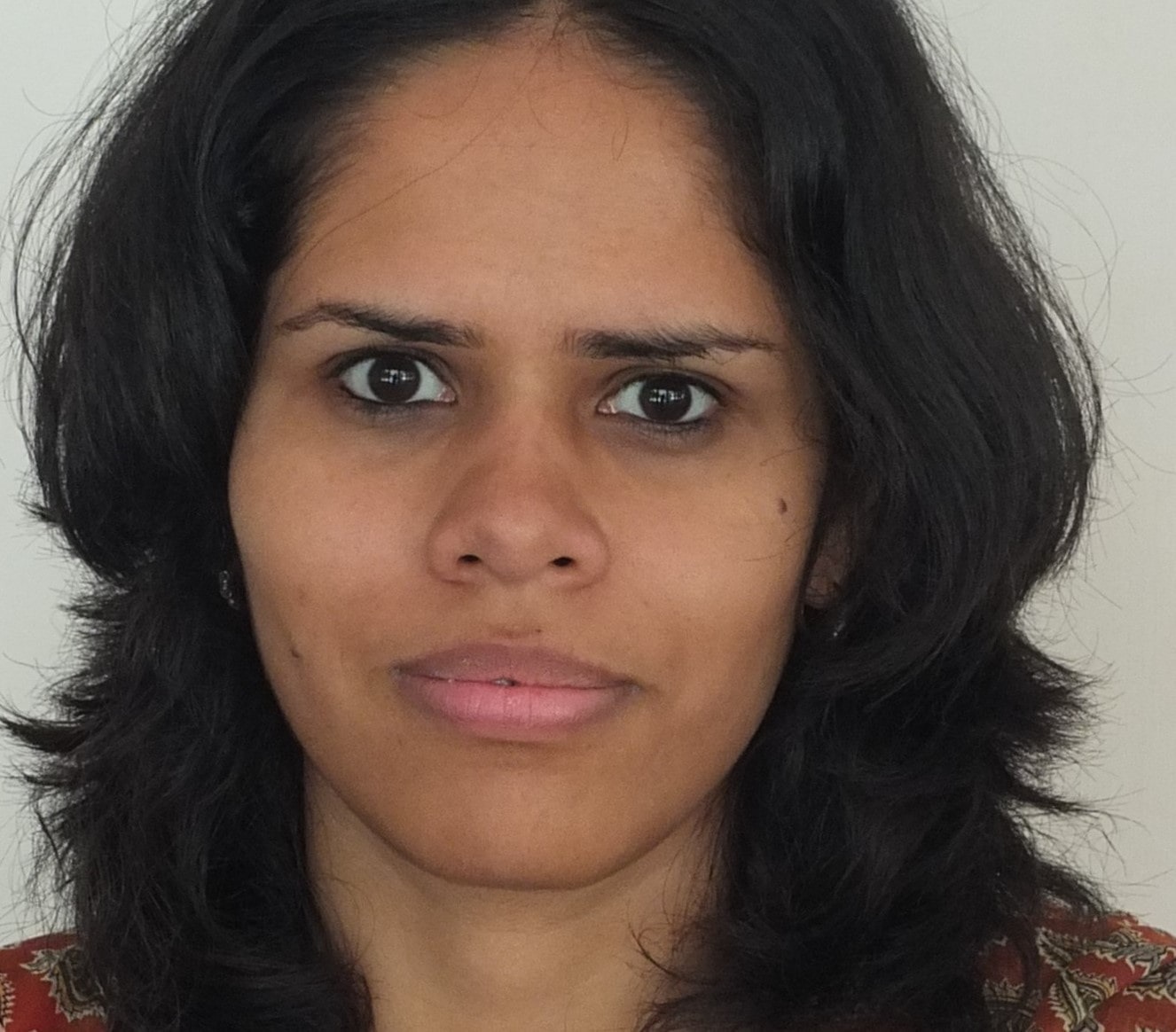There are no items in your cart
Add More
Add More
| Item Details | Price | ||
|---|---|---|---|
GDP
Instructor: Dr. Abhisek Sur and Richa SinghLanguage: English
This workshop is designed to help participants know and understand key macroeconomic indicators such as GDP, inflation, employment, fiscal balances, and external sector metrics and make sense of this data. It will also help the participants know the sources of the data and how they influence economic policy, business decisions, and everyday conversations about the economy. Whether you are a student of economics, a researcher, a policymaker, or a curious observer, this session will equip you with the tools to critically read, interpret, and question economic data as it appears in the media, budgets, or research.
Dr. Abhisek has a FPM degree in the Economics area from the Indian Institute of Management (IIM) Ranchi. Prior to joining the doctoral course at IIM Ranchi, he has completed MBA from ICFAI Business School, Kolkata and M.Sc. in Economics, with a specialization in Econometrics & Statistics from Calcutta University and acquired industry experience of over six years in various capacities in the Indian banking sector. His doctoral thesis titled “Essays on External Commercial Borrowings (ECBs) in India” involves a macro and micro-level analysis on ECBs in the Indian context. Besides exploring the push and pull factors impacting ECB flows to India, various risks arising from corporates’ overseas borrowing and associated corporate vulnerabilities are investigated in his doctoral thesis.Abhisek has published research articles in peer-reviewed international journals like the Journal of Asian Economics, Journal of Tax Administration, Cogent Economics and Finance, and Economic & Political Weekly (all classified under ABDC: B category). Besides publishing in academic journals, he has presented in various national and international conferences and published op-eds in reputed Indian business dailies like Mint, Financial Express, and The Hindu Business Line.Abhisek’s research interests are primarily in the areas of Open Economy Macroeconomics, and economic policy, with reference to India and other Emerging Market Economies (EMEs). He finds it fascinating to investigate topics concerning capital flows and other issues related to capital account management. He is particularly interested in the empirical analysis of the impact, influence, and consequences of the various types of capital flows, like External Commercial Borrowings (ECB), Foreign Direct Investment (FDI), and Foreign Portfolio Investment (FPI), both on the economy and firms, and the implications arising thereof. Besides, he is also interested in issues relating to the Indian Financial Sector, and a comparative perspective on liberalization and its impact on goods, capital, and labour flows.
Email: abhisek@jgu.edu.in
A Ph.D. scholar in Economics at the Indian Institute of Management (IIM) Ranchi, with over nine years of experience in analytics, econometric modeling, and public policy research. My doctoral research explores the impact of decentralization on development outcomes in India, blending rigorous empirical methods with policy relevance.Before my Ph.D., I worked extensively in the corporate sector and research institutions, applying advanced analytics to real-world public policy and business strategy challenges. This experience has equipped me with a balanced background in academic research, corporate analytics, and policy evaluation, with an emphasis on translating complex data into actionable insights.
Email: richa.singh20ph@iimranchi.ac.in
LEARNING OBJECTIVES
Participants will:
1. Making sense of core macroeconomic indicators and their significance.
2. Learn the different indicators of macroeconomic parameters, and significance
3. Learn where to find reliable data and how to read it.
4. Gain exposure to using actual macroeconomic datasets.
5. Learn to interpret basic trends and relationships in the data.
WHO CAN BENEFIT FROM THIS:
1. Postgraduate students & Research scholars 2. Development Practitioners 3. Data journalists 4. Anyone else who’s enthusiastic about macroeconomic data, and keen observer of macro news.
PRE-REQUISITE:
Basic sense of economics and basic understanding of data


